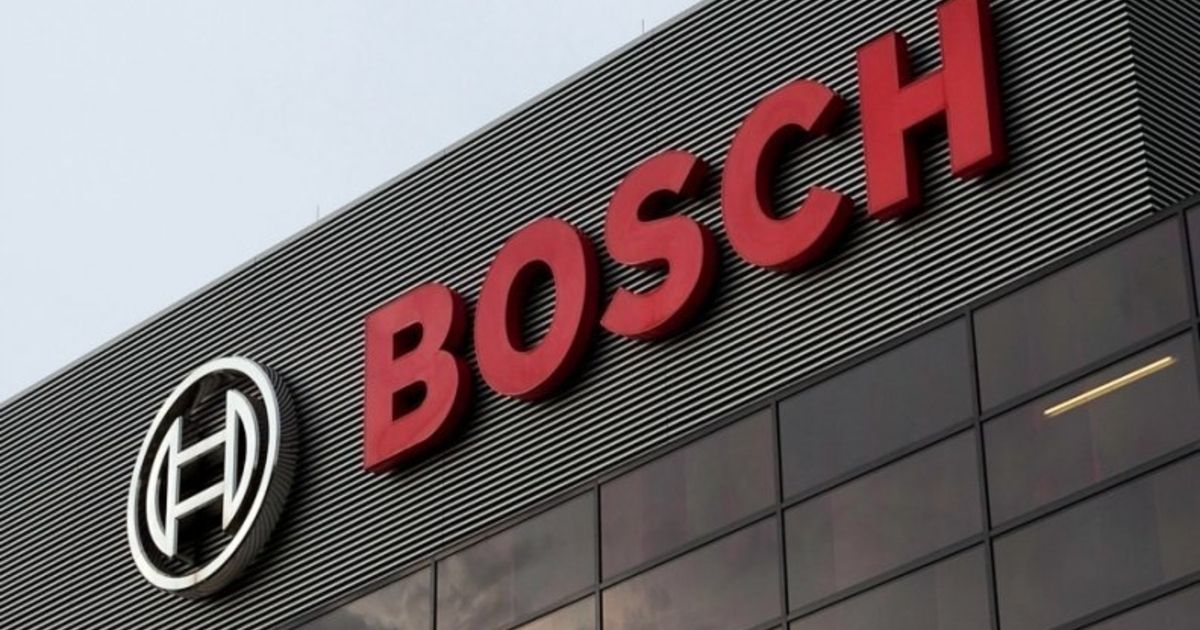
Robert Bosch, the auto industry’s largest supplier, said it will invest $420 million in its North American automotive business to gear up for electrification amid a barrage of supply chain challenges.
The spending is part of a $664 million investment across its North American business units and will go toward machinery and equipment for each of its automotive plants in North America, including its factory in Charleston, S.C., the company said Tuesday.
Bosch said it received about $11.8 billion in new electrification-related orders from customers worldwide last year.
“As those programs come into play in the next four to five years, we have to be ready for them,” Paul Thomas, Bosch executive vice president of mobility solutions, said during a press conference Tuesday at which executives discussed the company’s 2021 North American financial results.
The North American automotive business reported sales of $7.9 billion in 2021, up 5 percent from a year earlier, the company said.
That increase in revenue occurred despite a host of supply chain challenges that have caused significant headaches across the auto industry, including a global semiconductor shortage, the impact of the COVID-19 pandemic and rising raw materials costs. Thomas said some raw materials costs are currently up to three times higher than in 2020, causing the supplier to raise prices on the parts it sells to automakers.
But Bosch executives said they are pressing ahead to invest in the North American business, particularly as automakers look to further localize supply chains in the wake of the problems of the last two years.
“Are there challenges ahead? Surely. There are a lot of them,” said Mike Mansuetti, president of Bosch in North America. “But despite these challenges, we remain optimistic about our prospects for Bosch in North America, and we continue to invest here in the region.”
As Bosch invests in its electrification offerings, it is also betting significantly on the adoption of hydrogen fuel cell technology in the market. The supplier is separately investing about $1 billion in the development of mobile fuel cells by 2024, and it plans to invest about $600 million more in components for hydrogen electrolyzers, which can split water into hydrogen and oxygen.
Hydrogen fuel cell vehicles currently account for a tiny portion of new-vehicle sales in the U.S., and hydrogen fueling infrastructure remains in its infancy. Still, Bosch sees an opportunity for growth in heavy-duty commercial trucking as manufacturers such as Nikola come to market with hydrogen fuel cell trucks.
“The industry has to look at where it makes the most sense,” Thomas said. “And the most frictionless way to introduce fuel cell technologies is with a defined route or with a customer that knows where they need to find hydrogen to refill.”
Last year, Robert Bosch ranked as the largest supplier in the industry, with 2020 worldwide parts sales to automakers of $46.52 billion.